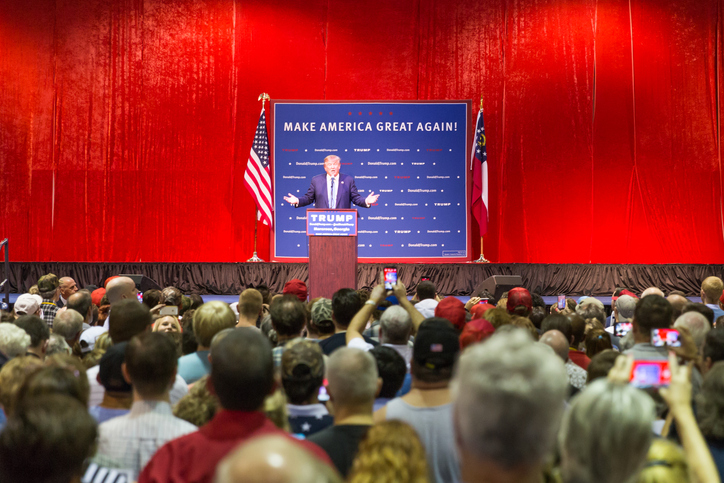Mailing List
To help us keep you updated with our handy guides and other useful news, please consider signing up to our mailing list.
It's quick and easy, and we promise not to send you spam or share your details with third parties.

Since he began his second term as president of the United States of America on 20th January Donald Trump has, putting it mildly, made an energetic start.
One of his self-declared priorities was the imposition of tariffs on goods imported into the US from Mexico, Canada and China. These were announced on 2nd February and were to come into effect on 4th February. The following day the Mexican and Canadian tariffs were put on hold for 30 days, apparently to allow time for discussions on a range of other issues, including cross border drug trafficking and illegal immigration into the US.
Although the dizzying pace of events gives the impression of chaos, a closer look suggests that Mr Trump may simply be leveraging some well-established negotiation principles, including:
- Use of deadlines. This is one of the oldest tricks in the book. By imposing a deadline, a negotiator piles pressure on the other party. Creating a belief that doing a deal right now is more important than taking the time to push for a good deal is an incredibly powerful negotiation tool. “You have 30 days to reach a deal with us before the tariffs kick in…”.
- Loss aversion. Psychologists have known for decades that people will take greater risks to avoid losses than to achieve gains. To get the best results in a negotiation, you need to make the other party believe not just that there is the potential for gain from reaching a deal, but that there is a certain and specific loss if they don’t reach a deal. “If you don’t commit more troops to policing the border, your economy will take a significant and immediate hit…”
- The anchor and the pivot. Coming up with an extreme opening position in order to set the other party’s expectations is a very common tactic and, when used in isolation, can lead to unproductive haggling on price. However, it becomes more powerful when an extreme starting point on, say, price, is then made to seem more reasonable by offering the other party something nonmonetary. By throwing in things that aren’t significant to you, but might have greater value to the other party, you increase the chances of them meeting you more than halfway. “We can reduce the flow of illegal weapons into your country if you’re willing to…”.
‘The Donald’ famously sees himself as a dealmaker and, whatever you think of his tactics, he does seem to have a fairly solid grasp of the psychology of negotiation.
